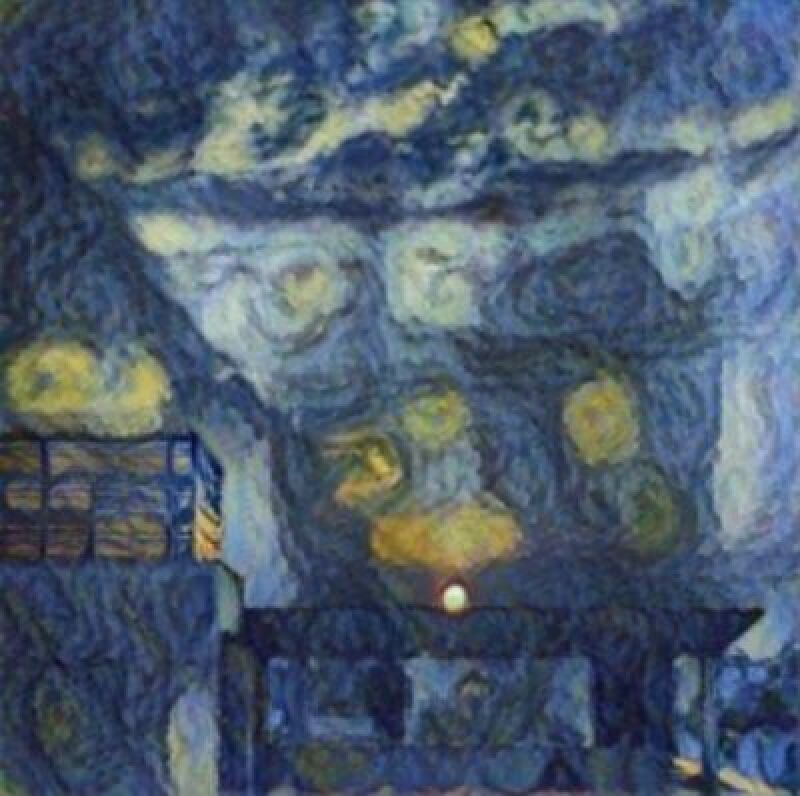For the first time ever in India, the copyright office has recognised an artificial intelligence tool – RAGHAV Artificial Intelligence Painting App – as the co-author of a copyright-protected artistic work.
Ankit Sahni, an IP lawyer who owns the AI-based app, is the other author and is registered as the copyright owner. He commissioned the painting in question, ‘Suryast’ (see image below), and even believes that India might be the first country to have acknowledged AI-authorship in a copyrighted work.
Related stories
DABUS: South Africa issues first-ever patent with AI inventor
China: Artificial Intelligence: Can AI-created works be copyrighted?
DABUS: legal team reveals winning strategy and long-term hopes
Sahni had filed two copyright applications for two AI-generated artworks, claiming himself as the owner. The copyright office rejected the first application, which listed RAGHAV as the sole author. The second application, on which both Sahni and the AI were named as co-authors, was granted registration in November 2020.

The copyright registration was a part of classified submissions made by Sahni to the Indian Parliamentary Standing Committee on “protecting AI-created work as well as AI itself”.
Sahni has now decided to speak to Managing IP as the committee published its report on July 23, even though it did not reveal details of the registration.
RAGHAV stands for robust artificially intelligent graphics and art visualizer, and is named after Raghav Gupta, a machine learning engineer who developed the app in 2019 in a funded project for Sahni.
In an exclusive interview with Managing IP, Sahni lauded the steps taken by the copyright office as bold and forward-looking.
“While the existing legislation has its own set of limitations, the act of granting recognition to an AI program as co-author of an artistic work marks the beginning of an era of change that governments across the world will be working on.”
However, he anticipates that the registration may be challenged in court due to ambiguity in the legislation and jurisprudence.
Several jurisdictions worldwide do not yet recognise AI authorship under copyright law. In India, the provisions of the Copyright Act are unclear about who can claim authorship of an AI-created work that did not involve any human input, said Sahni.
RAGHAV is trained in various art styles and used Vincent van Gogh’s painting ‘Starry Night’ and a photograph taken by Sahni as base datasets to create the copyrighted painting.
Gupta believes that AI-delivered output is often on par with, if not better than, human creations.
“Rendering protection to creations by AI will go a long way in recognising and protecting the interests of those who develop such AI applications, and will ensure that they are appropriately incentivised.”
In its report, the Parliamentary Standing Committee recommended a review of the existing Patents Act and Copyright Act to incorporate AI and AI-related inventions.
The news comes just a week after South Africa became the first country to issue a patent designating an AI tool – DABUS – as the inventor.











